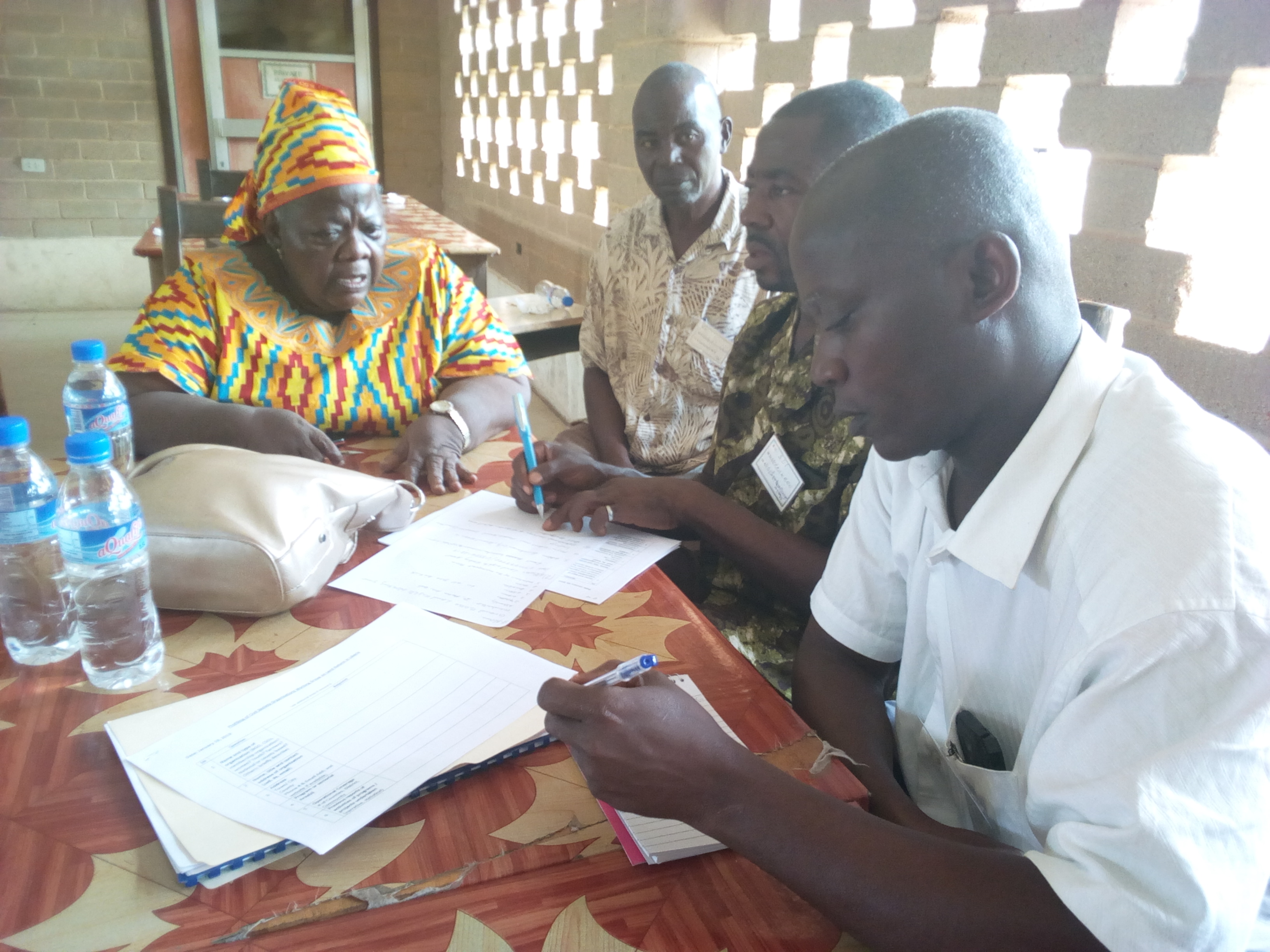-Civil Society Working Group pledges support to implement the Act across the country
By Christopher Yarwoe in Grand Bassa County tam.yarwoe106@gmail.com
The Civil Society Working Group on land rights has pledged their support to the implementation of the landmark Land Rights Act in Liberia, which was passed by the Legislature and signed into law by President George Manneh Weah last year.
The pledge was made by the group in a communiqué issued, after a recent training, when they committed themselves taking the message of the Land Rights Act across the country.
Dispute over land ownership and demarcation is in this post conflict country is said to be one of the greatest threats to national security and campaigners of the law say it will protect community land rights in many ways.
Campaigners praise several provisions in this law including the parts that say: communities may define themselves according to community members’ preference—so long as they do not discriminate or exclude residents. (Articles 2, 34.1 and 34.2)
Another provision in the Act says community members are considered to be private owners of their customary lands.
According to the Executive Director of the Bassa Women Development Association (BAWODA), Madam Martha Karngar, they made the pledge recently at a week-long training in Liberia’s central city of Gbarnga in Bong County.
The week-long training was held at the Saint Martin Catholic compound in Gbarnga.
In an interview with the local Magic FM community radio in Buchanan this week, Madam Karngar said at the Gbarnga training, about 100 civil society activists who have been campaigning for the Land Rights Act attended.
She said that the civil society representatives from the 15 counties of Liberia are responsible to create awareness about the land rights act in their respective counties.
The BAWODA Executive Director said that they discussed the four kinds of land which include: private land, government land, public land and customary land.
“Government land is a land own by the government where the government puts their structures on it while public land is a land in the community not own by government but managed by government,” Madam Karngar said.
“And because government is taking care of it, government can sell it to anybody government sees fit, that is public land,” she said.
“But the more confusing one that we stay long on is the customary land,” the prominent Grand Bassa County women rights advocate said.
“It was so sticky because is for the community and any transaction of customary land must meet the approval of the community people if they want to do business or they want to lease the land out, it must meet the consensus of the community people not an individual,” according to the BAWODA Executive Director.
“Because whatever proceeds comes from there, must go for the benefit of the community people,” she added.
“The customary land,” according to her, “before anybody buys it the land must meet what she calls Free Prior Inform Consent (FPIC).
If the community people are informed that a school is to be built on the land and later the person decides to put store on that land, Madam Karngar said the community people can take that land from the person because what you are putting on the land was not agreed upon by them.
The Land Rights Act was passed on September 19, 2018 and printed on October 10, of last year.
The recent training of the Civil Society Working Group on Land Rights Act was supported by FAO, USAID, Rights and Rice Foundation, SDI, RRF and among others.

